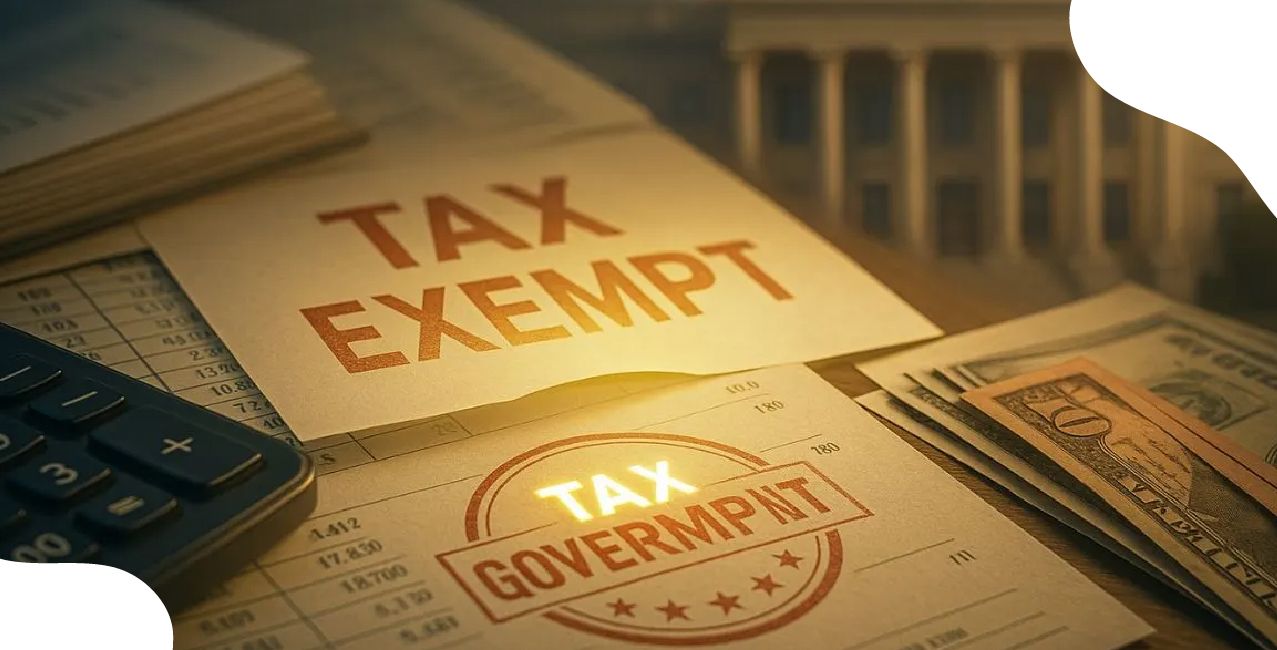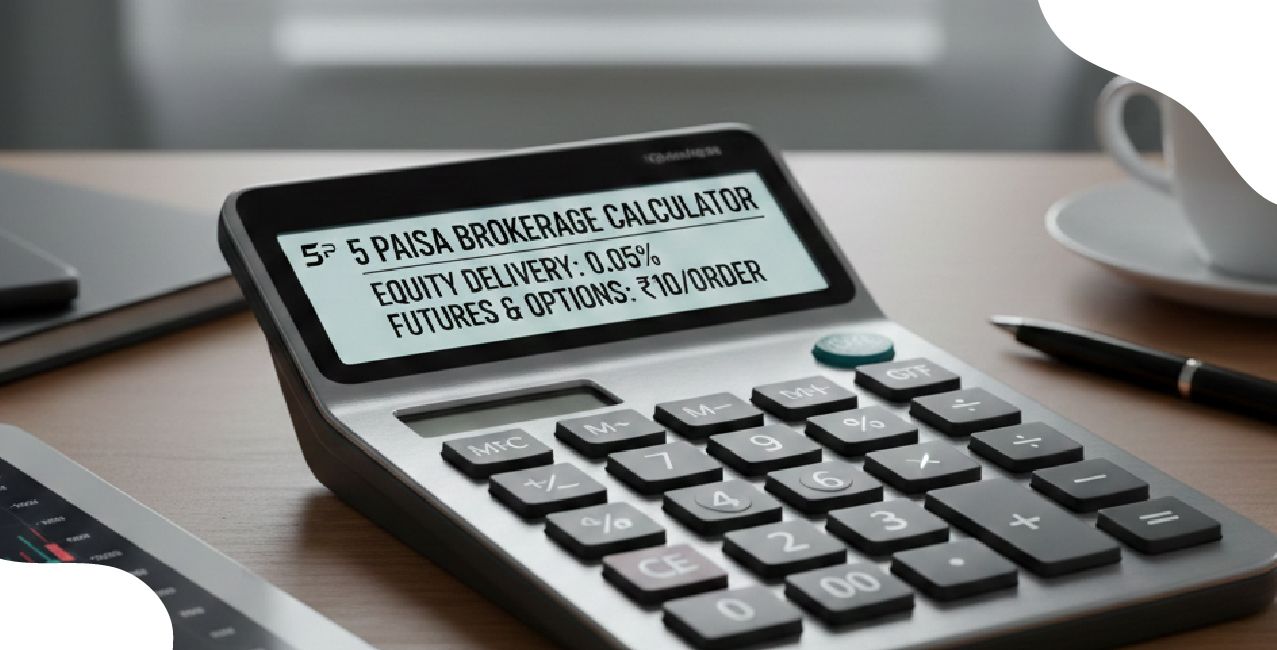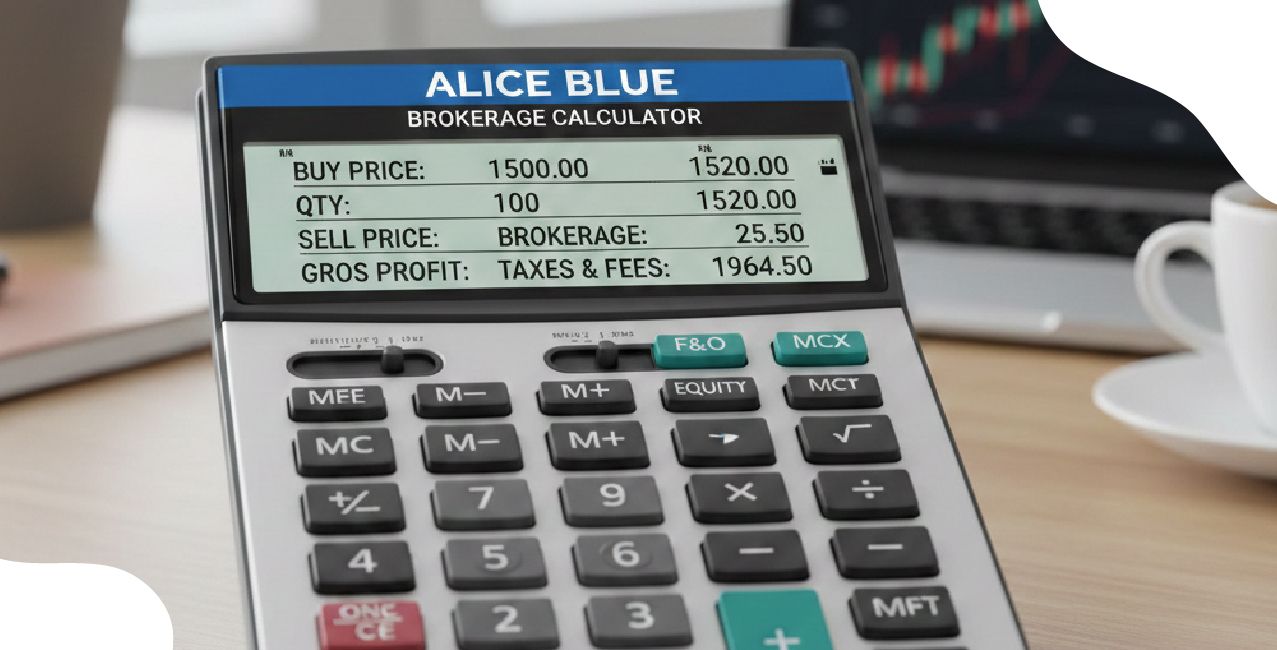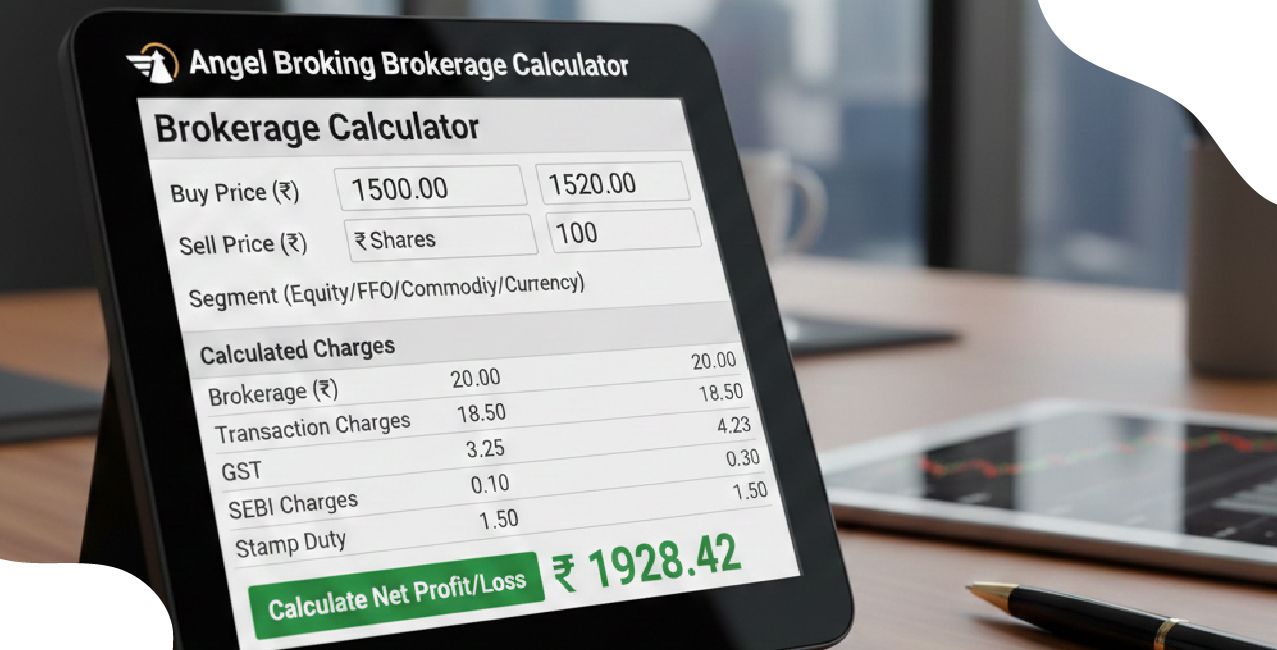Section 194BA of the Income Tax Act – TDS on Online Gaming Winnings Explained
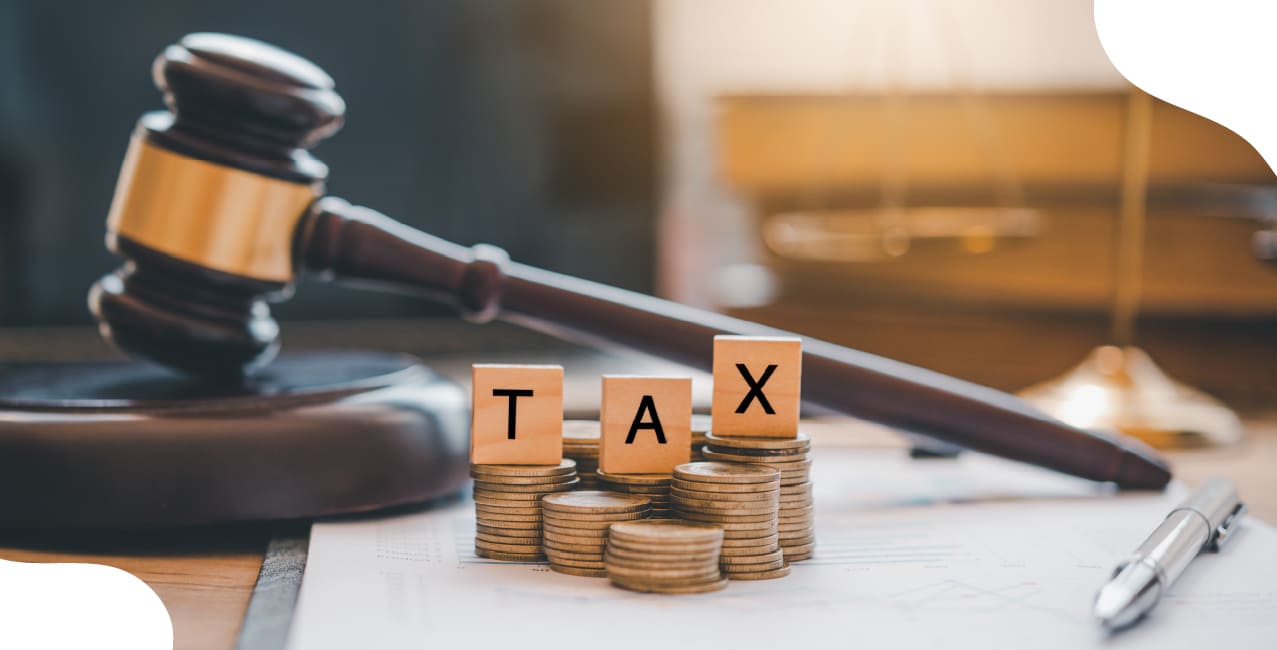
Check Your Loan Eligibility Now
By continuing, you agree to LoansJagat's Credit Report Terms of Use, Terms and Conditions, Privacy Policy, and authorize contact via Call, SMS, Email, or WhatsApp
Key Takeaways
- Section 194BA is an important provision of the Income Tax Act. Section 194BA became effective from 1st April, 2023.
- Section 194BA says that 30% TDS will be deducted if you win any amount from online gaming websites.
- There are various objectives of Section 194BA, such as preventing evasion, promoting compliance, simplifying the process, and encouraging discipline.
Section 194BA of the Income Tax Act explains how tax is deducted at source (TDS) on winnings from online games. Section 194BA ensures that the government collects tax on such income at the point of earning, instead of waiting for individuals to disclose it later.
Suppose Lakshay deposits ₹10,000 in Dream11 and wins ₹60,000 during the season. The net winning is ₹50,000 (₹60,000 – ₹10,000). The platform must deduct 30% TDS on ₹50,000, which is ₹15,000. So, the player receives ₹45,000.
This rule leaves no room for delay or evasion. Since online games involve real money and quick payouts, Section 194BA has become an important safeguard.
In the following sections, we will understand its importance, objectives, rates, exemptions, and compliance requirements in detail.
Importance Of Section 194BA Of The Income Tax Act
Section 194BA plays a key role in ensuring fair taxation of online gaming winnings. Section 194BA protects government revenue and creates discipline in a growing digital industry. The following table highlights the importance of Section 194BA:
The above-mentioned table highlights how the law balances both compliance and fairness in the online gaming industry.
Bonus Tip: Do you know that The Promotion and Regulation of Online Gaming Bill, 2025 has been passed to increase strictness in online gaming regulations by banning the operation, facilitation, and advertising of online money games.
Objectives Of Section 194BA Of The Income Tax Act
The objectives of Section 194BA are not just legal points but practical steps that directly affect both players and platforms. The following table highlights the key objectives of the Section 194BA:
The above-mentioned table shows that the objectives of Section 194BA are designed for both fairness and efficiency. They clearly highlight the government’s aim behind introducing Section 194BA.
TDS Rate Under Section 194BA Of The Income Tax Act
The TDS rate under Section 194BA is 30% on net winnings, with no exemption for small amounts. This flat rate ensures equal treatment across players and winnings. The following table shows how TDS is applied:
From the table mentioned above, you can see that players must calculate the tax effect before estimating their actual earnings.
Bonus Tip: Do you know that if your winning is under ₹100, then you do not have to pay TDS as per Section 194BA? However, as per Rule 133 of the Income Tax Act, bonus, referral bonus, incentives etc. are to be considered as taxable deposits.
Due Date And Compliance Requirement
Timely compliance is an essential part of Section 194BA. Platforms must deduct, deposit, and report TDS as per strict deadlines to avoid penalties. The following table summarises the due dates and compliance obligations under Section 194BA:
The above-mentioned table shows how gaming platforms like Dream11, My11Circle, MPL Fantasy Cricket, Gamezy, BalleBaazi, Howzat, and FanFightneed to handle compliance under Section 194BA.
Impact Of Section 194BA On Online Gamers And Platforms
Section 194BA has brought a significant shift in how online gaming winnings are taxed. It not only affects the earnings of players but also increases the compliance burden on gaming platforms. The following table shows this:
From the above-mentioned table, you can see that this provision ensures that tax is collected upfront, reducing the chances of evasion. It also makes the digital gaming industry more structured and accountable.
Conclusion
Section 194BA of the Income Tax Act has created a clear and strict framework for taxing online gaming winnings.
As per Section 194BA of the Income Tax Act, you need to pay a flat 30% TDS, with an exemption limit of ₹100, which ensures transparency and equal treatment.
For players, it means always checking the net payout after TDS. For platforms, it means timely compliance and accurate reporting.
If you participate in online gaming, then you must understand Section 194BA, so that you can avoid any surprises.
FAQs
1. What is the limit of cash deposit in the bank as per the Income-tax Act?
You can deposit cash up to ₹10,00,000 in savings accounts without attracting reporting requirements. The bank may report any higher deposit to the tax department.
2. How to get 26AS from an income tax site?
Login to the official income tax portal and go to e-File, then click on Income Tax Returns, and click on View Form 26AS. After accepting the disclaimer, you’ll be redirected to the TRACES portal. Select the assessment year and format (HTML or Text) to view or download your Form 26AS.
3. Is form 26AS and form 16 the same?
No. Form 16 is given by employers showing salary and TDS deducted, while Form 26AS is a tax credit statement from the department showing all TDS, TCS, and taxes paid.
4. How much income is tax-free?
From February 2025, the new regime allows income up to ₹12,00,000 in a year to remain completely tax-free (with the help of rebate benefits).
5. How much are KBC winners taxed?
KBC prize money is taxed at a flat 30% under Section 115BB, plus cess and surcharge.
6. Which losses cannot be set off?
Losses from lotteries, online games, horse racing, and similar winnings cannot be set off against any other income.
7. What is the purpose of the Income Tax Act?
The Income Tax Act governs how income is taxed. Its purpose is to collect revenue for the government, ensure fair taxation, prevent evasion, and regulate different types of income like salary, business, capital gains, and winnings.
Other News Pages | |||
About the author

LoansJagat Team
Contributor‘Simplify Finance for Everyone.’ This is the common goal of our team, as we try to explain any topic with relatable examples. From personal to business finance, managing EMIs to becoming debt-free, we do extensive research on each and every parameter, so you don’t have to. Scroll up and have a look at what 15+ years of experience in the BFSI sector looks like.
Subscribe Now
Related Blog Post
Recent Blogs
All Topics
Contents
Quick Apply Loan
Consolidate your debts into one easy EMI.
Takes less than 2 minutes. No paperwork.
10 Lakhs+
Trusted Customers
2000 Cr+
Loans Disbursed
4.7/5
Google Reviews
20+
Banks & NBFCs Offers
Other services mentioned in this article

